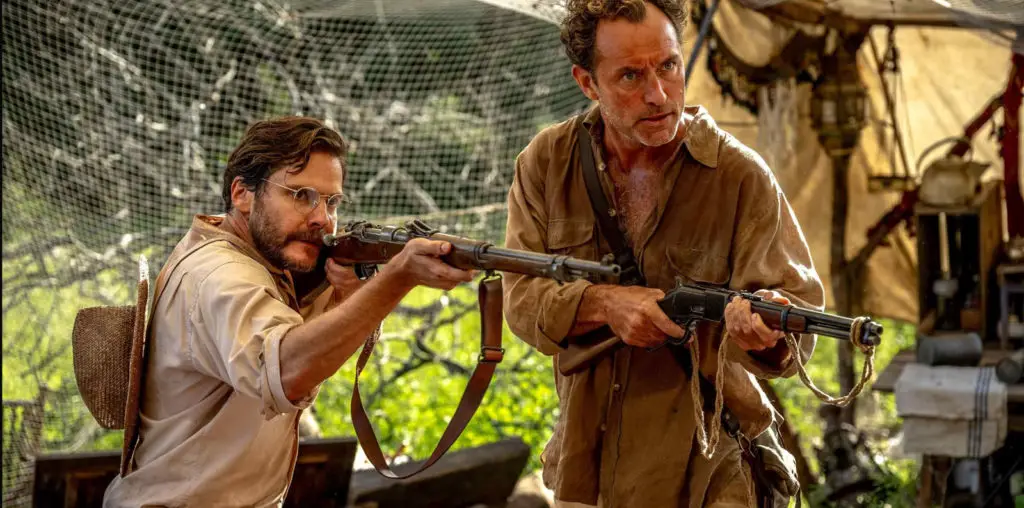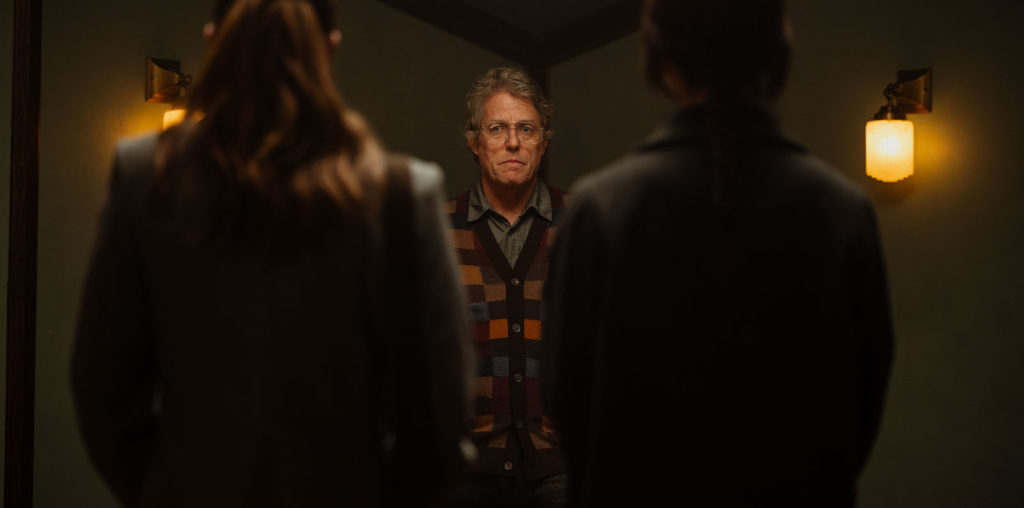
This review was originally published on January 24, 2014…
What are the key events of a childhood? Are we just a series of highlights; our most memorable moments of youth? Or are we more of a collection of minor beats? Richard Linklater’s latest work is also his most ambitious: An attempt to chronicle the formative years that turn a child into a man.
Over the course of 12 years, Linklater assembled his small cast to film a relatively small collection of scenes, naturally charting the progression of his fictional family. The result is an often-captivating piece of work that still misses its lofty aspirations, largely by forcing narrative in places that the film didn’t really need it. Perhaps because the creative process was so extended here, Linklater’s film is naturally inconsistent, and is actually most interesting to this viewer as a chronicle of how its creator has developed over more than a decade. The second half of the film is incredibly strong but you’re going to have to go through the Bad News Bears and Fast Food Nation years to get there.
The relatively nondescript and purposefully average Ellar Coltrane stars as Mason, who we meet at the age of 5. He’s a normal kid with divorced parents (Patricia Arquette & Ethan Hawke) and a snarky older sister (Richard’s daughter, Lorelei Linklater). Immediately, Linklater sets up the loose structure of his film, clearly hitting the highlights of each year. Over the next few years, which are not distinctly marked but often segmented by vehicles – Mason’s family will pull up in a car and you’ll notice he looks older – we see a highlight reel of childhood. Mason spray paints a wall with buddy, finds a bra catalog, plays a Game Boy Advance, and is there when Harry Potter and the Half-Blood Prince goes on sale. These small events are the ones we remember as much as the big ones. I can remember playing in the woods behind my house and the first time I saw a Nintendo as much as I can the big fights with family and friends.
And we get to those moments in Boyhood as well. Around ’03, Mason’s mom remarries an alcoholic a*****e and Linklater is forced to deal with that element of filmmaking that doesn’t quite suit him – domestic narrative. His best films – Slacker, Dazed & Confused, Waking Life, the Before movies – are built around character and dialogue, not plot. And when Boyhood turns to the melodrama of an abusive stepdad, it’s some of the worst filmmaking of Linklater’s career. It is jarringly unbelievable and poorly constructed on every level.
Luckily, Boyhood recovers quickly from this interlude and never sinks that low again, often finding remarkable peaks as it progresses from these rough early patches. The minor beats of Boyhood can be dramatically thrilling, especially when one considers their cumulative effect in the final act. As Mason Sr. espouses political beliefs during the Presidential campaigns that take place during the film, it’s interesting to see Mason Jr. take on many of his father’s worldviews in later chapters. If anything, Boyhood is most fascinating in the way it displays how much we are a product of our parenting. It is remarkably simple to track the influences of Mason’s mother and father on their son. He has the philosophy of his dad and the warmth of his mother. We also get to watch Mason’s parents grow and change as Mason Sr. becomes more responsible over time, even finding the relationship that grounds him. And Mason’s sister Samantha has an arc of her own as well, going from cantankerous teen to smart woman.
In terms of performance, Boyhood is relatively simple. It’s hard to say if Linklater didn’t know the limited range that Coltrane would have as he aged, but it’s one of the least-showy roles in a 164-minute movie you’ll ever see. Mason is an observer more than a participant, often nearly a blank slate to the action happening around him. But that works for the narrative. He takes in the world and, by the end, these experiences have impacted the way he sees relationships and his future.
There’s a remarkably subtle and brilliant undercurrent in Boyhood that captures how we don’t need melodrama to form us as much Hollywood history (or literature for that matter) would have us believe. It is this theory of “minor change” that has the greatest impact. As for the adults, Hawke is playing a variation on Jesse (who is probably a variation on Hawke himself) from the Before movies, but can you imagine how distracting it would be if he didn’t? An overly mannered performance would only pull focus. Strong and yet un-showy work from Arquette reminds one of how great she can be in the right material.
In the end, one simply cannot deny the ambition of Boyhood. If it falls just short of its auteur’s best work, it is largely because of how difficult it was to produce. It’s not like Linklater took the last decade off to fine-tune this piece of filmmaking. While he was shooting Boyhood, he made eight other films, including two Before flicks, A Scanner Darkly and Bernie. It seems appropriate that Boyhood was always in the background, charting its filmmaker’s growth from Tape to Before Midnight. As Mason grew, so did the man who kept returning to his story.

